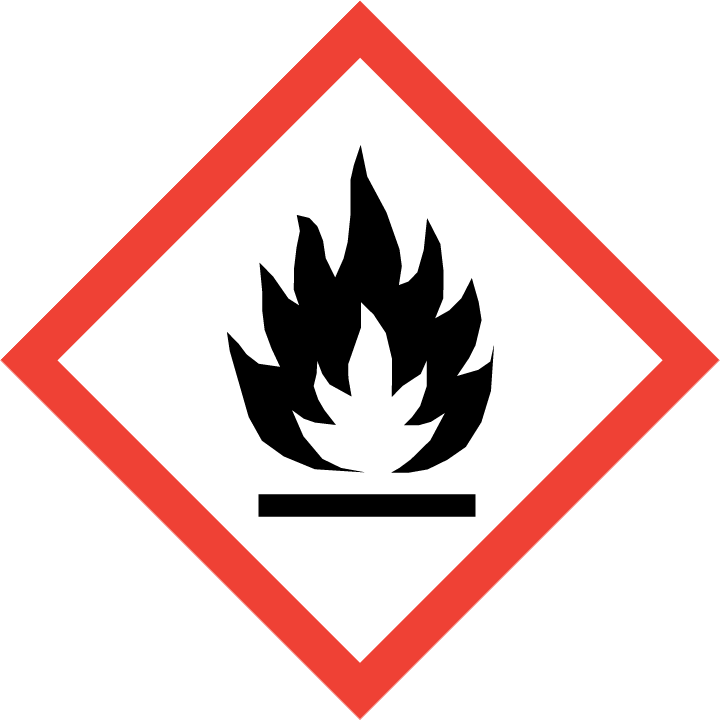6-Undecanol, a long-chain primary alcohol, is a versatile compound commonly used in various chemical synthesis processes. In organic chemistry, 6-Undecanol serves as a valuable starting material for the synthesis of fragrances, flavors, and pharmaceutical compounds. Its unique structure and reactivity make it an ideal building block for creating a wide range of organic molecules.Due to its long carbon chain, 6-Undecanol can be easily functionalized to introduce different functional groups, allowing chemists to tailor the properties of the final products. This compound is often employed in the synthesis of esters, ethers, and other derivatives through various chemical reactions such as esterification, oxidation, and reduction.Furthermore, 6-Undecanol can also be utilized as a solvent or a surfactant in chemical processes. Its amphiphilic nature enables it to interact with both polar and nonpolar compounds, making it an effective emulsifier in formulations such as cosmetics and personal care products.Overall, 6-Undecanol plays a crucial role in chemical synthesis, offering multiple avenues for the creation of complex organic compounds and enhancing the diversity of chemical transformations in the laboratory.
